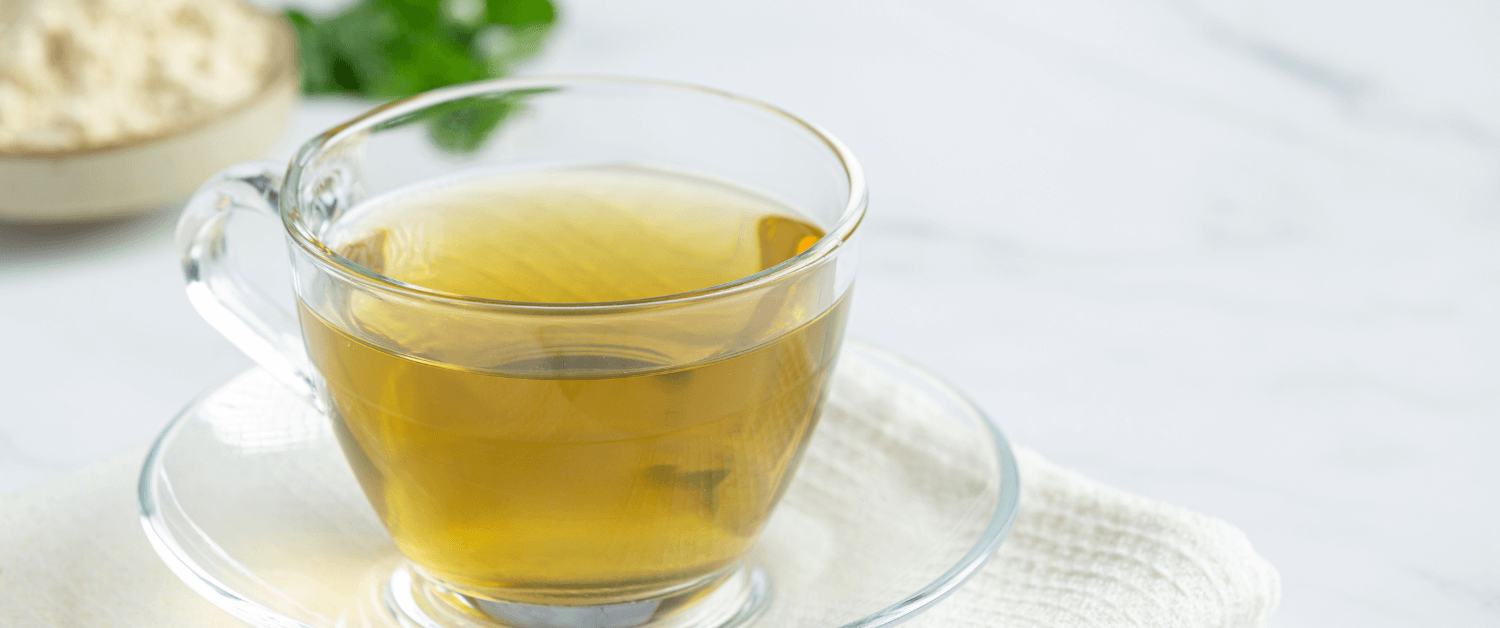
Discovering White Tea: A Gentle Brew with Big Benefits
White tea is often overshadowed by its green and black counterparts, but this delicate brew deserves a spotlight of its own. Known for its subtle flavor and high antioxidant content, white tea is one of the least processed teas available. If you are searching for a soothing drink that supports wellness, this might be your perfect match. In this blog, we’ll explore where it is grown, its seasonal best, health benefits, ideal consumption, and who should avoid it.
Where is White Tea Grown and Found?
White tea, one of the most delicate and minimally processed varieties of tea, traces its roots to the Fujian province of China. This region is considered the birthplace of this tea and continues to be its most celebrated producer. For centuries, Fujian’s cool climate, high-altitude terrain, and mist-covered mountains have provided the perfect environment for cultivating young tea buds, the very essence of white tea.
The unique microclimate allows for slow growth and natural protection from pests, which contributes to the tea’s purity and subtle flavor profile. Farmers in Fujian traditionally harvest the youngest leaves and unopened buds during early spring, ensuring maximum antioxidant content and minimal oxidation.
While Fujian remains the gold standard, white tea cultivation has expanded to other regions with similar growing conditions. In India, areas like Darjeeling and Assam have begun producing white tea, offering slightly bolder flavor notes due to their distinct soil and climate. Sri Lanka also contributes to the global white tea market, especially from its highland estates. However, Chinese white tea, particularly varieties like Bai Mudan and Silver Needle, continues to command the highest regard among tea connoisseurs.
The terroir of Fujian, combined with centuries-old harvesting techniques, gives its white tea a signature lightness and floral aroma that’s hard to replicate elsewhere. Whether sourced from China or newer regions, white tea remains a prized beverage for those seeking a refined and healthful brew.
Best Season for White Tea Harvest
The best season for harvesting this tea is during early spring, typically between March and April. This short window is crucial because it is when the tea plants begin to sprout their youngest and most tender buds. These buds, often covered in fine silvery hairs, are carefully handpicked before they fully open. This early harvest ensures that the leaves retain their maximum nutrient content and delicate flavor profile. Spring’s mild temperatures and balanced humidity levels help preserve the natural antioxidants and aromatic compounds in the leaves. Unlike other teas that undergo extensive processing, white tea is simply withered and dried, making the timing of harvest even more critical. A well-timed spring harvest results in a brew that’s light, floral, and rich in health-promoting catechins. Tea estates in regions like Fujian, Darjeeling, and Sri Lanka often prepare meticulously for this season, as it sets the tone for the year’s quality and yield. For tea lovers seeking purity and freshness, spring-harvested white tea is considered the gold standard.
What are the Health Benefits of White Tea?
It is packed with antioxidants, especially catechins, which help fight free radicals and support overall health.
Key benefits include:
-
- Boosts immunity and helps fight infections: This tea is rich in catechins and antioxidants that strengthen the immune system and help the body resist common infections like colds and flu.
- Supports heart health by improving cholesterol levels: Regular intake may lower LDL (bad cholesterol) and raise HDL (good cholesterol), promoting better cardiovascular function.
- Promotes skin health and slows signs of aging: Its antioxidants protect skin cells from damage, helping reduce wrinkles and maintain elasticity over time.
- Aids weight management by enhancing metabolism: The combination of caffeine and polyphenols in white tea helps boost metabolic rate and supports fat breakdown.
- Improves oral health due to its antibacterial properties: It contains fluoride and tannins that fight bacteria, reduce plaque buildup, and support stronger teeth and gums.
When Should You Drink White Tea?
If you’re wondering when to drink this tea for the best results, timing does matter. The ideal time to enjoy a cup is in the morning or mid-afternoon. These windows offer a gentle energy lift without the intensity of coffee or stronger teas, thanks to white tea’s low caffeine content. It is a great choice to start your day with clarity or to refresh yourself during a midday slump. However, it is best to avoid drinking white tea late at night, especially if you are sensitive to caffeine. Even though it contains less caffeine than green or black tea, it can still interfere with restful sleep. By aligning your tea time with your body’s natural rhythm, you will enjoy both the calming and energizing effects of this delicate brew.
How much White Tea should you drink per Day?
-
- 1 to 3 cups daily is considered safe and beneficial.
- Each cup contains about 15–30 mg of caffeine, which is lower than green or black tea.
Who Should Avoid White Tea?
While this tea is generally safe, some people should be cautious:
-
- Pregnant or breastfeeding women should limit white tea intake due to its caffeine content.
- Individuals with caffeine sensitivity may experience restlessness or sleep disturbances and should consume it cautiously.
- People taking blood-thinning medications should consult their healthcare provider before adding white tea to their routine, as it may interact with certain compounds.
Other Key Points to Consider
-
- Storage matters: Keep tea in an airtight container away from light and moisture.
- Brewing tip: Use water at 75–85°C and steep for 2–3 minutes to preserve its delicate flavor.
- Pairing: Enjoy it with light snacks like fruit or nuts for a refreshing combo.
Final Thoughts: Why White Tea deserves a Spot in your routine
It is more than just a calming beverage; it’s a wellness ally. From boosting immunity to supporting skin health, its benefits are backed by tradition and science. Whether you are a tea enthusiast or just exploring healthier drink options, white tea offers a gentle yet powerful way to nourish your body. So go ahead, brew a cup and sip your way to better health.



